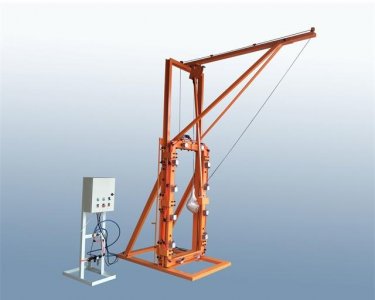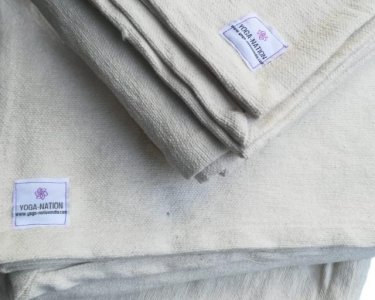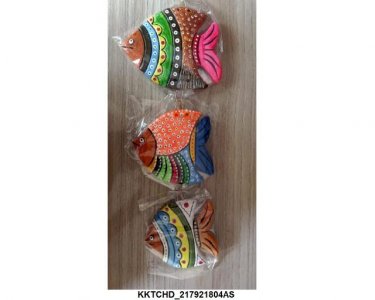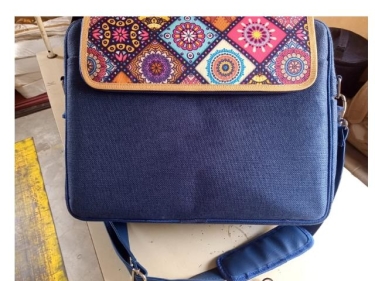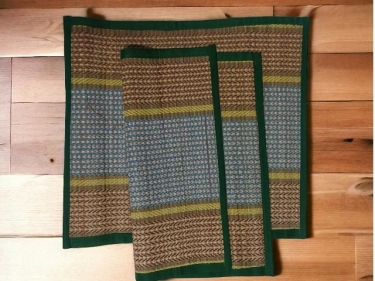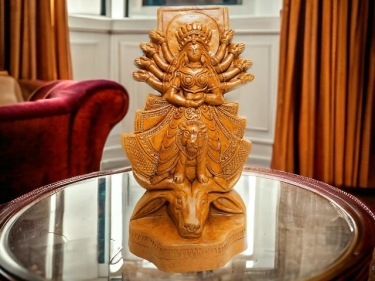Search Results for "sierra leone" in "Sierra Leone" on Export Portal
Active Filters
-
Keywords:
-
Country:
- Clear all
New Search
Couldn't find the product you want?
Fill out this form to request the product.
Exports
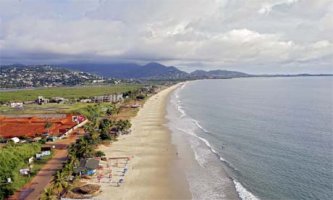
Sierra Leone is a poor country affected by Civil War. Nearly half of the working-age population engages in subsistence agriculture. The country possesses substantial mineral, agricultural, and fishery resources, but it is still recovering from a civil war that destroyed most institutions before ending in the early 2000s.
Agriculture is the largest employer with 80 percent of the population working in the sector. Rice is the most important staple crop in Sierra Leone with 85 percent of farmers cultivating rice during the rainy season and an annual consumption of 76 kg per person.
Rich in minerals, Sierra Leone has relied on mining, especially diamonds, for its economic base. The country is among the top ten diamond producing nations. Mineral exports remain the main currency earner. Sierra Leone is a major producer of gem-quality diamonds. Though rich in diamonds, it has historically struggled to manage their exploitation and export.
Sierra Leone has one of the world's largest deposits of rutile, a titanium ore used as paint pigment and welding rod coatings.
Sierra Leone’s exports have been increasing after the UN sanctions were lifted in late 2010. Sierra Leone main exports are diamonds (63 percent of total exports), cocoa, coffee, iron ore, titanium ore, rough wood and aluminium ore.
Sierra Leone main export partners are Belgium, Netherlands, France, China and United States.
Customs requirements of Sierra Leone
Sierra Leone Customs Contacts
Website: http://nra.gov.sl/
Email: contact.customs@nra.gov.sl
Address: Cline Town, Freetown
Telephone: +232 (22) 2229 2734, +232 2229 0544
Sierra Leone is a country situated in West Africa, bordered by Guinea, Liberia and the Atlantic Ocean. Sierra Leone is a member of the United Nations, African Union, Economic Community of West African States (ECOWAS), Commonwealth of Nations, the African Development Bank and other international organizations.
Tariffs
Sierra Leone applies a MFN treatment to all its trading partners. The average MFN tariff, including the excise tax and ECOWAS levy, is 14.9%. The average applied MFN tariff for industrial products is 13.5% and 16.5% for agricultural imports.
Import duties are ad valorem, levied on the c.i.f. (cost, insurance, and freight) value of goods. There aren't seasonal customs duties, tariff quotas or variables levies.
The customs tariff consists of 7 rates:0%, 5%, 10%, 15%, 20%, 25%, and 30%, with the highest duties applied to final consumer goods.
Sierra Leone applies the ECOWAS supplementary duty of 0.5%, which is levied only on imports from third countries. Sierra Leone also applies an excise tax of 30% on certain imports and a sales tax of 17.5% on both domestic and foreign products.
Product certification and labelling
Imported products must be accompanied by a certificate of origin.
A special permit, issued by the Ministry of Agriculture, Forestry and Food Security, is required for the importation of plants, seeds, soil and other imports mixed with soil.
The importation of arms and ammunition and explosives is restricted.
A phytosanitary/fumigation certificate has to be issued by the Ministry of Agriculture and Food. The Ministry charges a fee for fumigating the goods, as well as for issuing the certificate.
Gold and diamonds are subject to export licensing requirements.
A special permit issued by the Ministry of Agriculture and Natural Resources is required for the exportation of plants and charcoal.
Exporters of textile and apparel articles are required to register with the Ministry of Trade and Industry. A textile certificate of origin and a visa for textile and apparel articles that originate in and are exported from Sierra Leone is mandatory and is issued by the Commissioner General.
Sierra Leone has no special marking, labelling, or packaging requirements other than the Price Tag Order 1956, which requires traders to display prices on the shelves to help reduce the exploitation of vulnerable or illiterate citizen, and the Weights and Measures Act 1961.1.
Documents for customs clearances
The main documents required for customs clearance are:
- a clear report of findings and an import duty report
- a bill of entry
- commercial invoices
- phytosanitary/fumigation certificate
- certificate of origin
- combined certificate of value and origin, and import declaration
- packing list
- special certificate for goods such as medicine, caustic soda, and salt
- insurance certificate.
Sierra Leone requires pre-shipment inspection of imports.
Sources:
http://embassyofsierraleone.net/node/87
https://www.wto.org/english/tratop_e/tpr_e/s143-3_e.doc.













